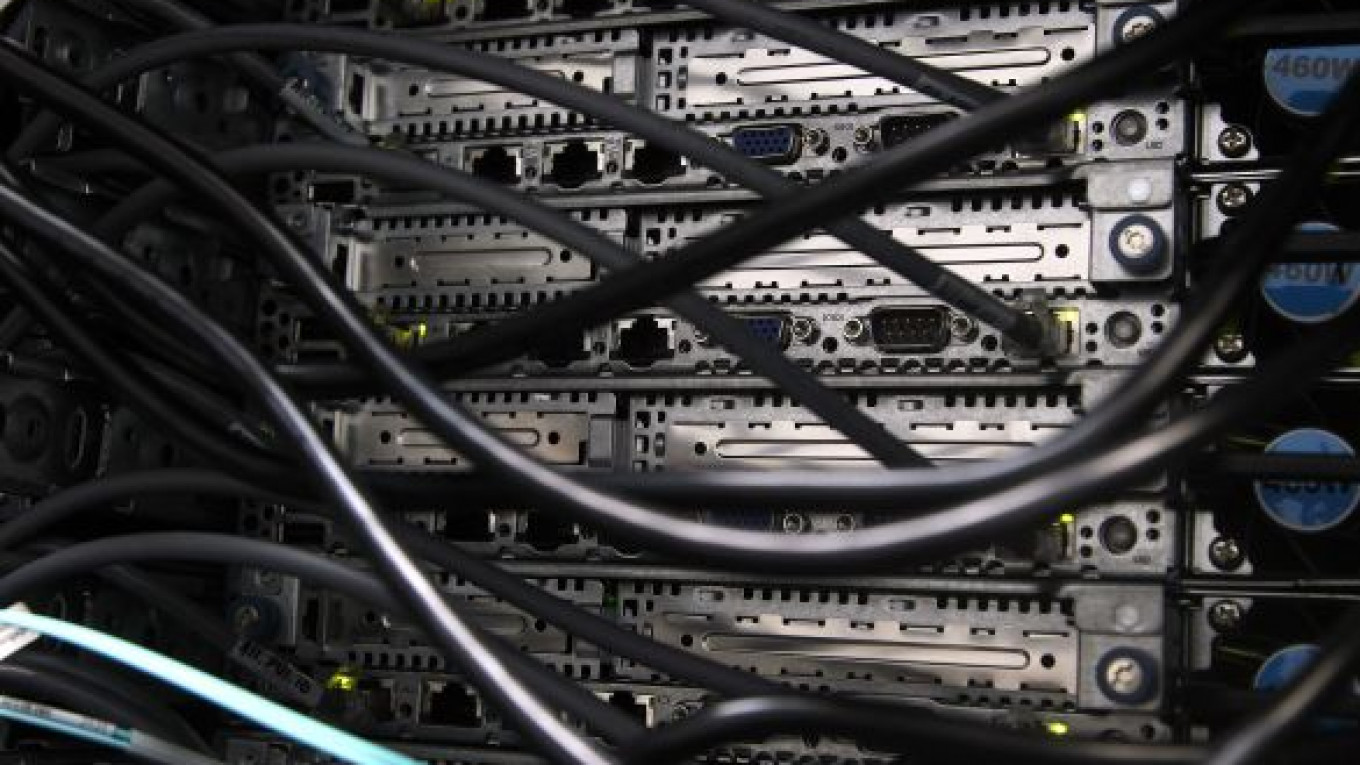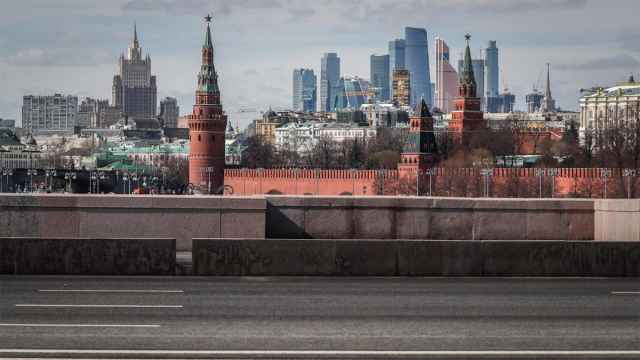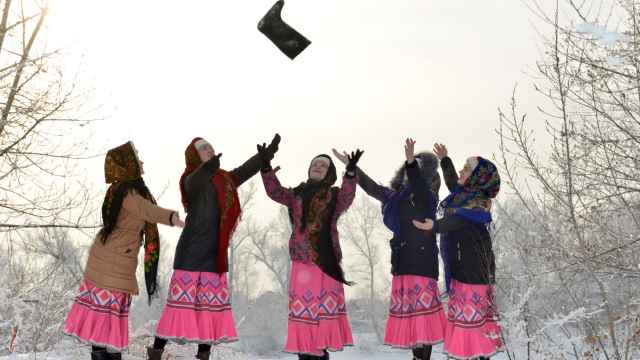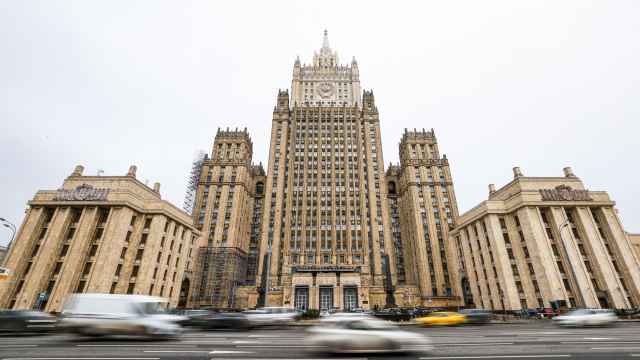Internet service providers and website-hosting companies might need to buy extra equipment to meet the website-blocking requirements in the government's Internet restriction bill — and those expenses could be passed on to consumers.
The companies will be forced under the new law to disable access to content that the government believes shows child pornography, solicits children for porn, encourages drug use, promotes suicide or distributes content that is illegal under Russian law.
With the bill passed by the Federation Council on Wednesday and now headed to President Vladimir Putin for his signature, it is almost certain to be signed and to take effect Nov. 1, as written in the legislation.
It still isn't clear exactly how the Communications and Press Ministry wants companies providing Internet connections and hosting web pages to block banned content, and the means chosen by the ministry will determine how much money will be needed for equipment upgrades.
Either an entire IP address, or "home" for the webpage with the material, could be blocked off, or the specific webpage showing the material could be obstructed individually.
The first approach is too far-reaching, Internet access proponents have said in recent weeks, because it would block both legal and illegal materials.
The second tack, however, is much more expensive. It could cost each operator about $50 million to install a webpage-blocking system nationwide, a spokeswoman for cell phone and Internet services provider Mobile TeleSystems told Vedomosti this week.
Communications and Press Minister Nikolai Nikiforov on online television station Dozhd that "the majority of providers … don't own enough technical equipment for blocking access to a specific page in a specific system," Vedomosti reported.
"For small operators, this is an issue of additional investment," Nikiforov said.
That raises the specter of companies — especially those with a small number of customers and therefore a small revenue base — recouping those costs by increasing fees.
Nikiforov also admitted to Dozhd that the technical aspects of the law need to be ironed out with Internet connection providers, website services providers and content makers.
A Message from The Moscow Times:
Dear readers,
We are facing unprecedented challenges. Russia's Prosecutor General's Office has designated The Moscow Times as an "undesirable" organization, criminalizing our work and putting our staff at risk of prosecution. This follows our earlier unjust labeling as a "foreign agent."
These actions are direct attempts to silence independent journalism in Russia. The authorities claim our work "discredits the decisions of the Russian leadership." We see things differently: we strive to provide accurate, unbiased reporting on Russia.
We, the journalists of The Moscow Times, refuse to be silenced. But to continue our work, we need your help.
Your support, no matter how small, makes a world of difference. If you can, please support us monthly starting from just $2. It's quick to set up, and every contribution makes a significant impact.
By supporting The Moscow Times, you're defending open, independent journalism in the face of repression. Thank you for standing with us.
Remind me later.






